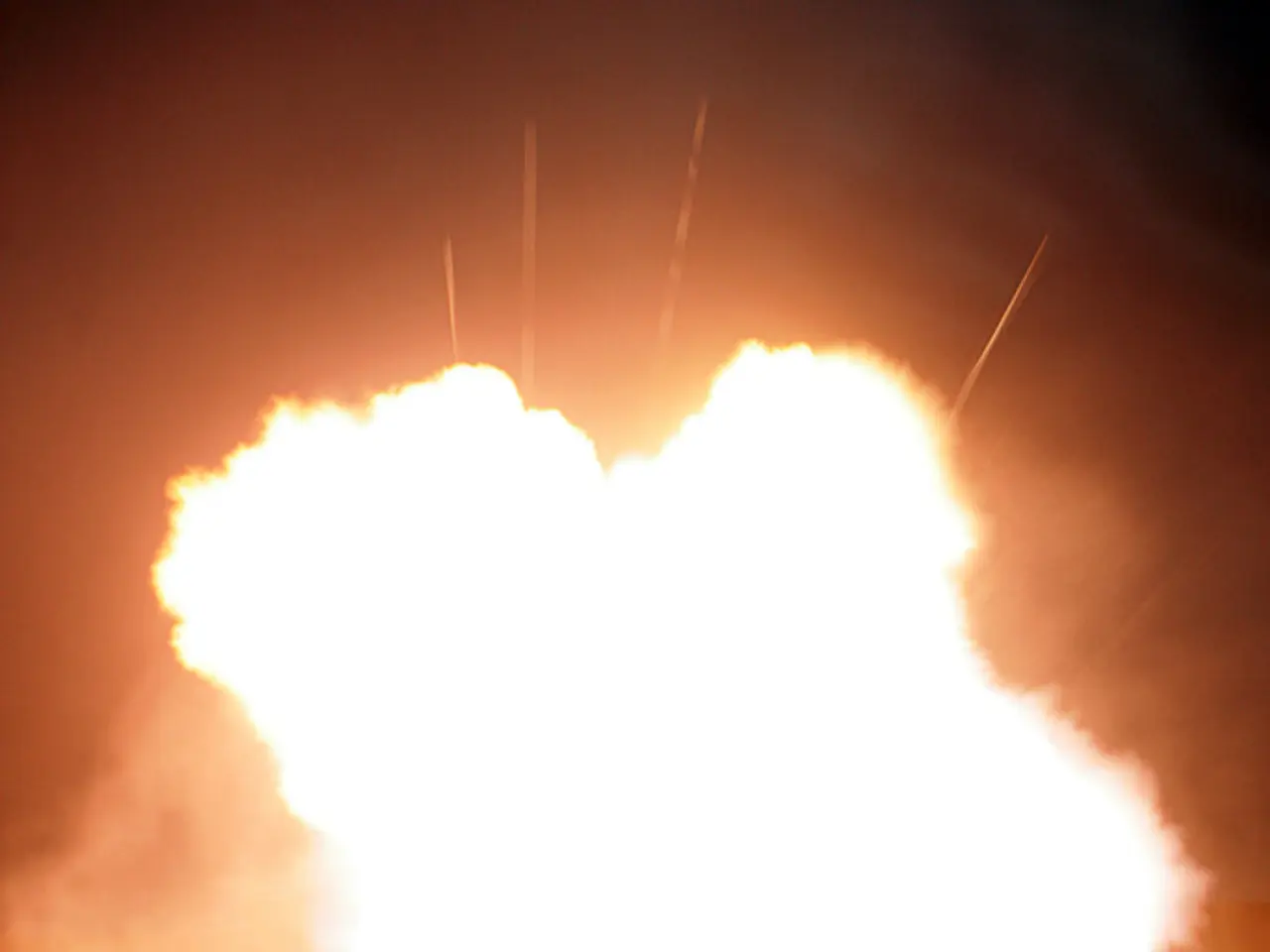Large-scale Indian oil refinery acquires American and Middle Eastern crude oil while U.S. President lashes out against Russian oil purchases
In a move that defies the growing pressure from the United States, India's largest refiner, Indian Oil Corporation (IOC), has purchased significant volumes of crude oil from the U.S., Western Canada, and the Middle East.
According to recent reports, IOC bought 4.5 million barrels of U.S. crude, 500,000 barrels of Western Canadian Select (WCS), and 2 million barrels of Das oil produced in Abu Dhabi. Other companies, such as Mercuria, Trafigura, and Vitol, have also been involved in these deals, delivering 2 million barrels of U.S. West Texas Intermediate Midland crude, 2 million barrels of Das oil, and a combined 1 million barrels of WTI Midland and WCS respectively.
However, the U.S. has not been pleased with India's oil purchasing decisions. The Trump administration has levied a 25% import tariff on Indian goods in response to India's oil purchases from Russia. Trump has accused India of buying massive amounts of Russian oil and selling it on the open market for profits. In response, Trump has announced his intention to 'substantially' raise tariffs on goods from India over their Russian oil purchases.
Despite this escalation, India's oil purchasing pattern has not fundamentally shifted. Indian firms continue to buy Russian oil, prioritizing economic considerations amid global uncertainties. The Indian government and firms have publicly pushed back on the U.S. tariffs, justifying their oil procurement decisions as pragmatic and driven by economic realities rather than geopolitical alignments.
India imported approximately 1.75 million barrels per day of Russian oil from January to June this year, an increase of 1% compared to the previous year. This reliance on Russian oil is significant, as India is the biggest buyer of seaborne crude from Russia, which is under Western-led sanctions over its war in Ukraine.
Recently, Indian state refiners, including IOC, Hindustan Petroleum Corp, Bharat Petroleum Corp, and Mangalore Refinery Petrochemical Ltd, have not sought Russian crude. Last week, these main refiners paused buying Russian oil due to narrowing discounts and Trump's threatened tariffs.
In IOC's tender that closed on Friday, P66 and Equinor will each ship 1 million barrels of U.S. West Texas Intermediate Midland crude. Prices for the deals in IOC's tender were not immediately available.
The broader U.S.-India trade tensions have resulted in tariff volatility and supply chain disruptions, illustrating the geopolitical risks associated with energy and trade relations. Despite these challenges, India continues to prioritize its economic interests in its oil procurement decisions.
- Despite the ongoing trade tensions with the United States, India's state refiner, Indian Oil Corporation (IOC), is diversifying its oil sources, also planning to import 1 million barrels of U.S. West Texas Intermediate Midland crude.
- As the weather fluctuates, sports enthusiasts might find it challenging to plan their outdoor activities, considering the potential impact of changing crude oil prices on fuel availability and costs.







